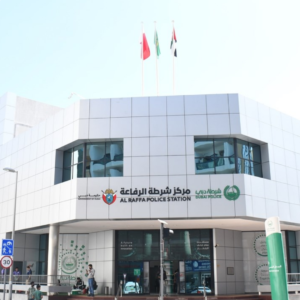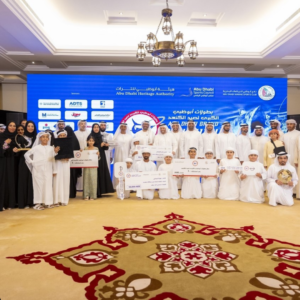In a groundbreaking development, India has achieved a significant milestone in cancer treatment with its first patient declared cancer-free using indigenous CAR-T cell therapy. This achievement not only represents a medical breakthrough but also holds profound implications for the accessibility and affordability of advanced cancer treatments within the country.
CAR-T cell therapy, or Chimeric Antigen Receptor T-cell therapy, is an innovative form of immunotherapy that harnesses the power of a patient’s own immune cells to target and destroy cancer cells. This cutting-edge treatment has been highly successful in various parts of the world but has often come with a hefty price tag, making it financially challenging for patients in many regions, including India.
The milestone of India’s first cancer-free patient treated with indigenous CAR-T cell therapy marks a significant leap in the country’s efforts to provide advanced and cost-effective medical solutions. The use of indigenous CAR-T cell therapy not only brings the benefits of this groundbreaking treatment to Indian patients but also addresses the economic challenges associated with seeking similar treatments abroad.
One of the key advantages of the indigenous CAR-T cell therapy lies in its potential to substantially reduce treatment costs. Patients who would otherwise have to bear the financial burden of traveling abroad for such advanced treatments can now access state-of-the-art therapies within the country. This not only promotes medical tourism but also ensures that cutting-edge medical advancements are accessible to a broader segment of the population.
The success of the indigenous CAR-T cell therapy in achieving a cancer-free status for the first patient showcases the prowess of India’s healthcare and biotechnology sectors. The collaboration between medical professionals, researchers, and biotech companies in developing and implementing such groundbreaking therapies is a testament to India’s capabilities in medical innovation.
The positive outcome of this case not only offers hope to cancer patients in India but also positions the country as a potential hub for advanced medical treatments. As indigenous solutions continue to prove effective, they contribute to reducing the reliance on imported therapies and foster a sense of self-sufficiency in providing cutting-edge medical care.
In conclusion, India’s achievement of declaring its first patient cancer-free through indigenous CAR-T cell therapy is a momentous event in the country’s medical history. Beyond the individual success story, it highlights the potential of indigenous medical solutions to make advanced treatments more accessible and affordable. As India continues to make strides in medical innovation, it paves the way for a future where groundbreaking therapies are readily available to patients within the country.









